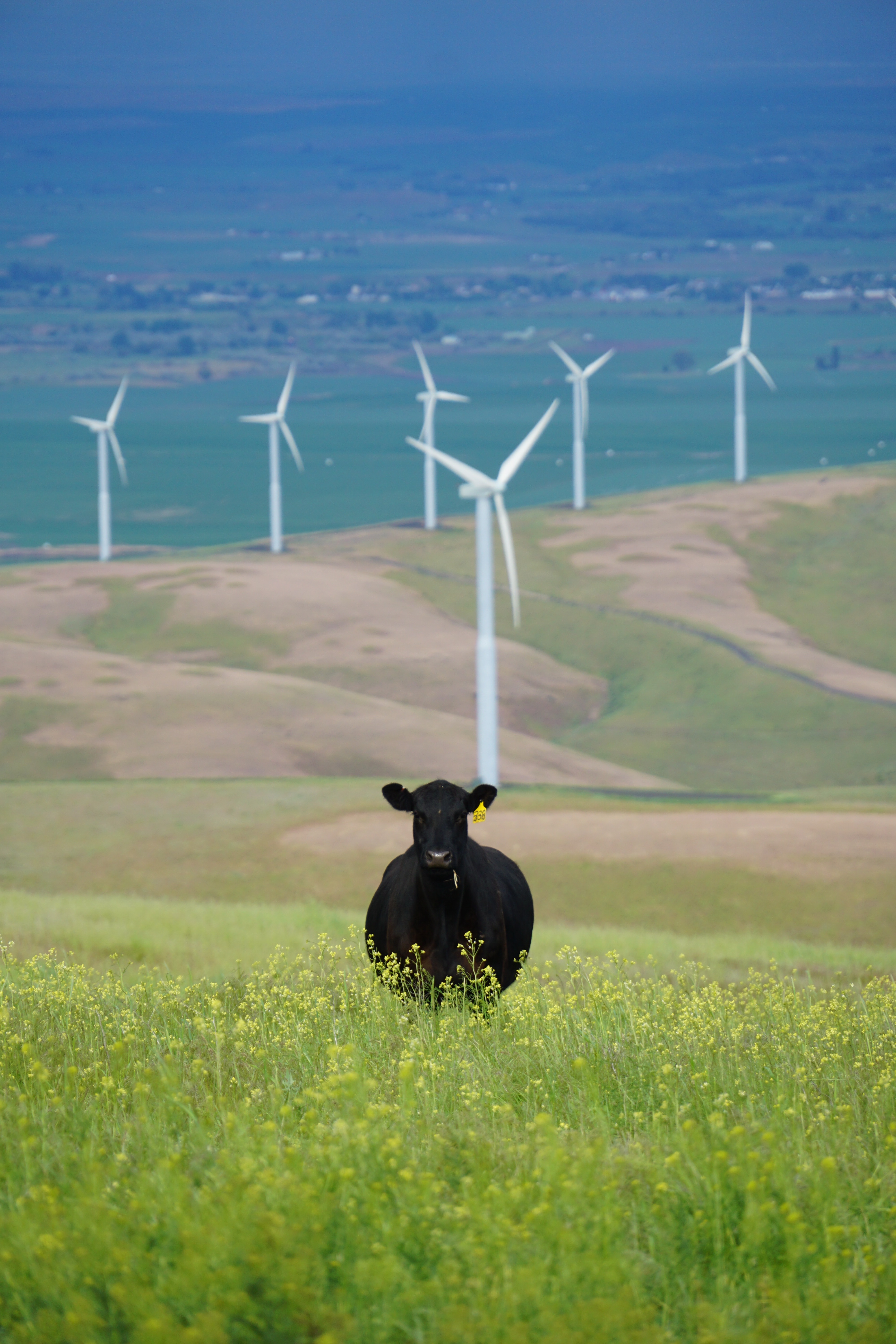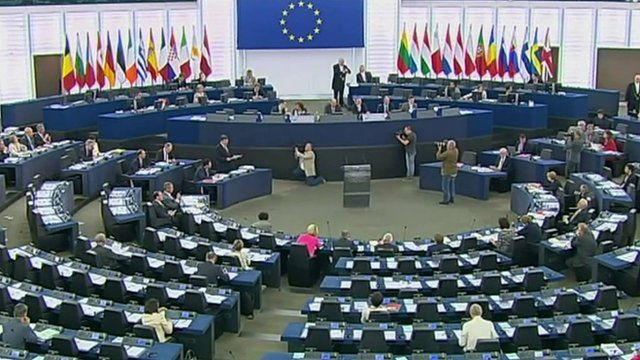EU environment ministers are holding talks in the hope of agreeing a proposal for further ivory trade restrictions in the next two weeks to be presented at the CoP in Sri Lanka in May.
Ahead of that meeting, the EU is being urged to “be brave” and close its markets now like other nations including China. It is alleged that European and Japanese markets fuel the illegal trade in poaching and the killing of elephants.
There is also increased evidence of a link between the EU legal market in ivory and the illegal trade. Many member states and international players are closing their markets but the EU is said to be still “behind the curve.”
Speaking in Brussels, Kenya’s minister for tourism and wildlife Najib Balala, also co chair of the African Elephant Coalition, said, “All legal ivory markets – whether in Asia or Europe – fuel illegal trade, poaching and killing of elephants”.
The comments are backed by the 32-member state African Elephant Coalition (AEC) which has called on the European Union, as one of the world’s largest traders in ivory, to take immediate action to close its domestic markets.
Member states are formulating the EU position on ivory trade in advance of the 18th Conference of the Parties of CITES, the Convention on the Trade in Endangered Species (CoP18), to take place in Sri Lanka, 23rd May – 3rd June.

Minister Balala met Jyrki Katainen, Vice-President of the European Commission, to make the case for the EU to end its ivory trade and close its domestic market. The Minister also met the Japanese Ambassador to the EU to communicate the concerns of the Coalition and to discuss how legal ivory markets in the EU and Japan fuel illegal trade, poaching and killing of elephants in Africa.
Elephants are declining significantly throughout Africa and Asia. Every year, at least 20,000 African elephants are killed illegally for their ivory and only bold action now can save this iconic animal from becoming extinct in many parts of its range within the decade.
Campaigners want the EU to close its domestic ivory markets and follow the lead of China, the USA, Taiwan, Singapore and Hong Kong who have taken, or are taking, steps to close their domestic ivory markets. During the last decade approximately 144, 000 elephants were killed across Africa due to poaching.

Minister Balala said, “To assume – as many EU member states do – that there is no link between domestic ivory markets in Europe and Asia and illegal trade and killing of elephants in Africa is a flawed basis on which to develop EU conservation policy. Most other countries with significant legal markets have realised that there is a clear link between their domestic ivory markets and illegal trade and poaching and have closed them down. We call on the EU and Japan to follow suit”, he said.
Campaigners say that legal markets can serve as a cover for laundering ivory from poached elephants into trade, including within the EU. Allowing the sale of ivory reinforces its social acceptability and makes it a desirable product to own or even invest in, further fuelling the illegal market and stimulating transnational wildlife crime. Ivory trafficking exacerbates conflict, corruption, and poverty, and weakens local and national security and governance.
In addition, following the agreement at CoP14 at The Hague in June 2007 to have a one-off sale of ivory stocks originating from Namibia, Zimbabwe, South Africa and Botswana to Japan and China in 2008, poaching levels in east Africa spiked.
At the latest meeting of the CITES Standing Committee, in October 2018, Parties from Africa, including AEC members and Asia, strongly supported the closure of all remaining ivory markets.
A number of EU member states have banned/are banning ivory trade including France, Luxembourg, the Netherlands and the UK, which in December 2018 adopted one of the toughest set of ivory trade restrictions in the world. “While we appreciate the measures taken by the EU and its member states so far, we consider it essential to take further action to close the internal market and external trade in worked ivory. Otherwise it will present a continuing threat to our elephants,” added Minister Balala.
“We have always seen the EU as the global standard-bearer for promoting and protecting international biodiversity, whose high standards should be emulated and to which all others should aspire. Europe leads the way on many conservation issues and cannot afford to be behind the curve on the ivory trade.”
He added, “I therefore appeal to the European Commission and to EU Environment Ministers to demonstrate leadership by closing your domestic markets forthwith. As we cooperate more closely with the EU, particularly within the context of the Africa/EU Partnership, we need Europe to join us and become a leader with those countries theatre taking action to close domestic ivory markets around the world.”




